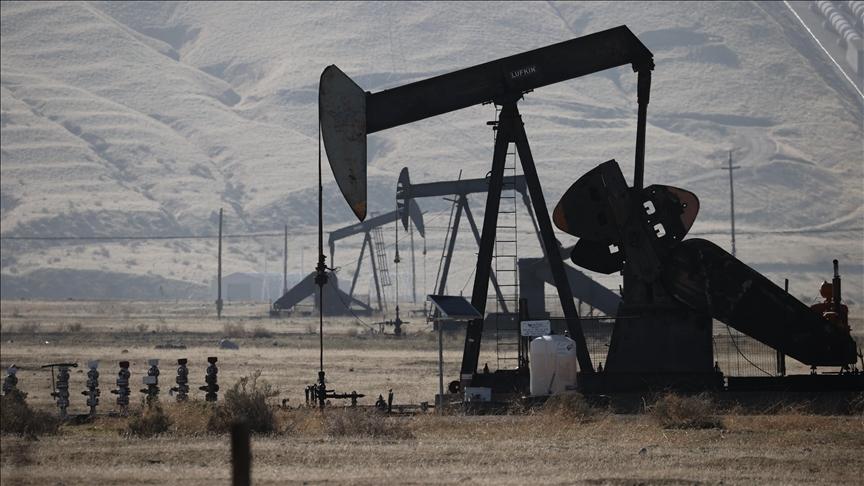Africa-Press – Kenya. The price of Brent oil fell below $80 a barrel, posting more than 3% on Tuesday as investors are worried about a steeper rate hike from the Federal Reserve next week.
International benchmark Brent crude traded at $79.72 per barrel at 08.31 p.m. local time (1731 GMT), down 3.58% from the closing price of $82.68 a barrel in the previous trading session.
At the same time, American benchmark West Texas Intermediate (WTI) traded at $74.41 per barrel, a 3.27% loss after the previous session closed at $76.93 a barrel.
Brent saw its 11-month-low, hitting its lowest level since Jan. 7 over weak oil demand expectations as the central bank’s aggressive monetary tightening could force the American economy into a recession next year, according to most economists.
JPMorgan Chase CEO Jamie Dimon said Tuesday that record inflation may derail the US economy and cause a recession in 2023.
The 66-year-old veteran CEO stressed that the US Federal Reserve’s aggressive monetary tightening cycle is causing its benchmark interest rate to climb toward 5% and even that level “may not be sufficient” to overcome inflation.
“When you’re looking out forward, those things may very well derail the economy and cause a mild or hard recession that people worry about,” he said.
The Fed raised interest rates by 75 basis points Nov. 2 for a fourth consecutive time, raising the target range for the federal funds rate to between 3.75% and 4% — its highest since January 2008.
The aggressive rate hikes have caused annual consumer inflation to come in at 7.7% in October, easing from the 8.2% gain in September. Annual producer inflation rose 8% in October, slowing from September’s 8.4% gain year-on-year.
Strong dollar further fuels weak demand fears
The rising value of the US dollar supported lower oil prices by discouraging traders using other currencies.
The greenback fell on Tuesday, however, it has been on a rising trend on the back of the aggressive monetary policy of the US Federal Reserve.
Prices declined despite unfolding supply jitter after OPEC+ producers agreed to maintain their production cut policy in the face of the EU’s ban and price cap on Russian oil exports.
Reports over Russia’s upcoming response to the Western countries’ various sanctions on Russian hydrocarbon exports intensified supply fears.
Russian Deputy Prime Minister Alexander Novak said Russia is working on a mechanism by the year’s end to prevent Russian companies from selling oil to countries imposing price caps.
“We are currently discussing, fine-tuning the decision, and discussing it with companies,” Novak told reporters in Moscow.
For More News And Analysis About Kenya Follow Africa-Press






